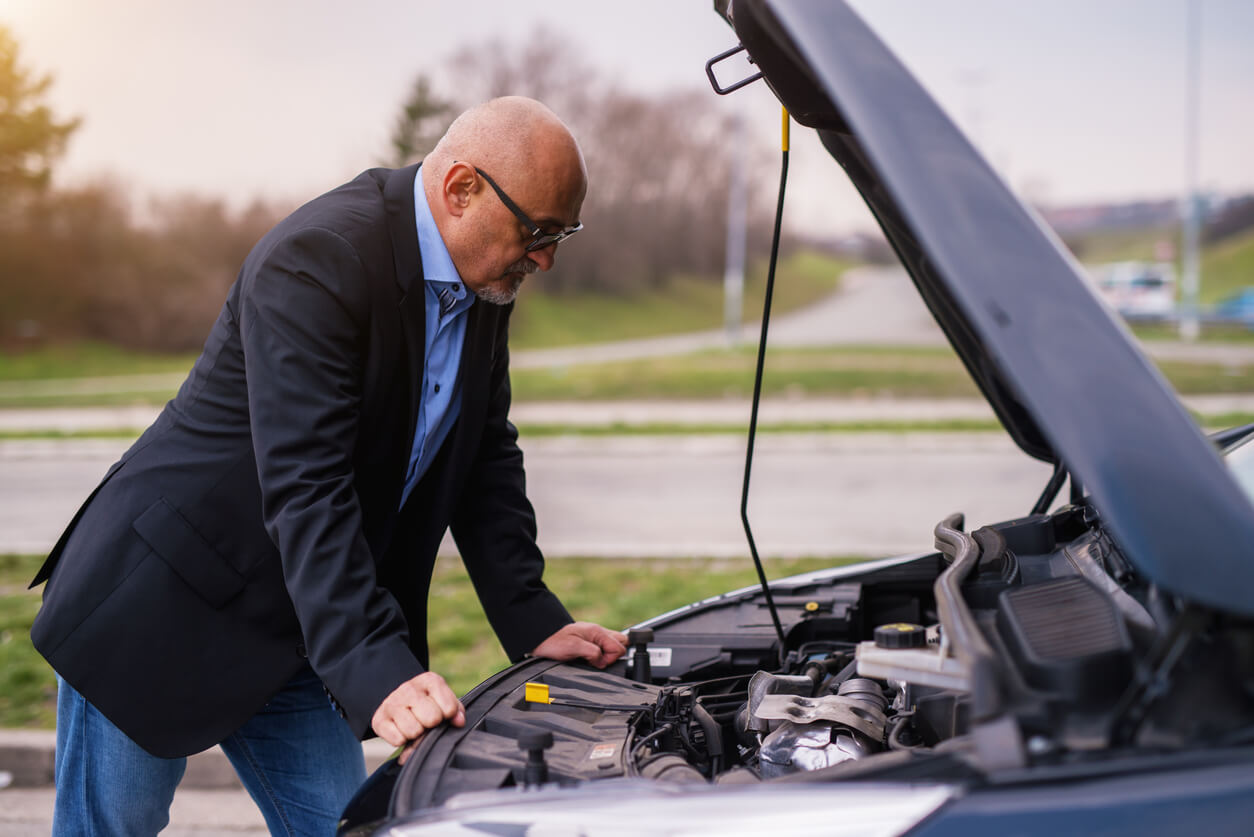By Brian T. Murray
Aside from the new car smell, one of the best advantages of purchasing a new vehicle is knowing that your new car will be covered by the manufacturer’s warranty. Yet, consumers don’t often appreciate that their vehicles are covered by multiple, sometimes overlapping warranties.
For the majority of automobile manufacturers, the new-vehicle warranty includes a basic bumper-to-bumper warranty and a powertrain warranty. The basic or bumper-to-bumper warranty usually covers the cost of repairs for defects in materials or workmanship to all components for a given time and mileage. Currently, Volkswagen offers one of the industry’s best basic warranties that lasts for 6-years or 72,000-miles, whichever occurs first.
Most automobile manufacturers also offer a powertrain warranty that applies to major mechanical components like the engine, transmission and axles. Several manufacturers including Kia, Hyundai, and Mitsubishi offer a 10-year or 100,000-mile powertrain warranty. However, make sure to read the fine print because in some cases, the 10-year or 100,000-mile powertrain warranty is only available to the original owner of the vehicle. Subsequent owners are stuck with much less coverage.
In addition to the manufacturer’s warranty, vehicle emissions systems are covered by warranties that statute. Among other parts, the Federal Emissions Warranty can cover emissions-related component repairs for vehicles up to 8 years old or up to 80,000 miles, whichever comes first. The Federal Emissions Warranty covers the repair/replacement of many emission-related components.
Components typically covered under the 8/80 Federal Emission Warranty include emission parts that must perform for an extended period of time without performance issues. These components include a vehicle’s Catalytic Converter, Transmission Control Module, and Powertrain Control Module and/or Engine Control Unit (PCM or ECU).
The State of California has its own emissions component coverage for 7-years or 70,000-miles. The California Emissions Warranty covers many more smog parts than the Federal Emissions Warranty. There are also certain year, make and model vehicles that may have emission parts covered under the California Warranty that go above and beyond the normal parts coverage for 8/80.
Historically, new vehicle warranties were not always so comprehensive. At the turn of the 20th century, some manufacturers including Oldsmobile offered no warranty at all. By the 1920s, it was not uncommon to see a 90-day warranty sold with new vehicles.
Despite the introduction of longer warranties in the 1960s, automobile quality had deteriorated so badly that the U.S. Federal Trade Commission launched an investigation into the growing litany of consumer complaints. In 1975, Congress enacted the Magnuson–Moss Warranty Act in response to merchants’ widespread misuse of express warranties and disclaimers. The purpose of the act was to make warranties on consumer products more readily understood and enforceable.
The Magnuson–Moss Warranty Act is still in effect today to protect consumers from deceptive warranty practices in connection with all consumer goods, including automobiles. Although manufacturers of consumer goods are not required to provide written warranties, if a written warranty is provided, it must comply with the Magnuson-Moss Act.
In addition to the Magnuson-Moss Warranty Act, California Consumers enjoy the benefit of the Song-Beverly Consumer Warranty Act. The Song-Beverly Act is one of the strongest consumer protection acts in the nation and provides broad protections to vehicle owners when their vehicle manufacturers fail to live up to the promises made in their warranties.
If your vehicle has had excessive warranty issues or spent too many days in the shop, please give the lemon law experts at CCA at call today for a free consultation: (833) LEMON-FIRM.





